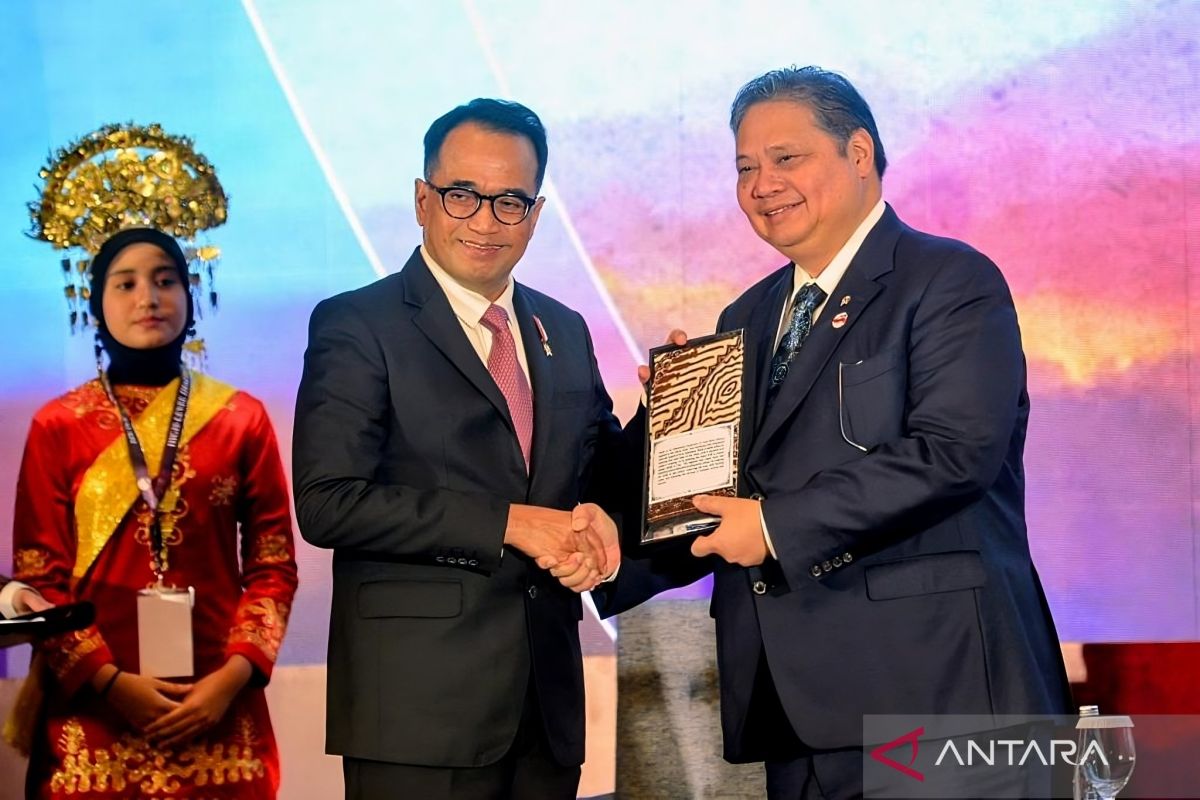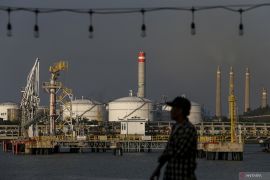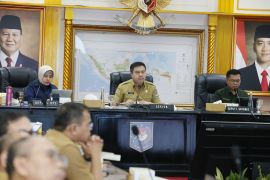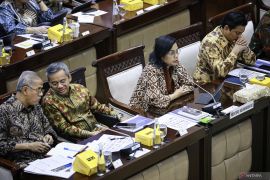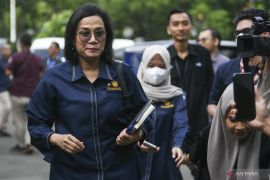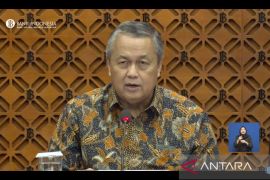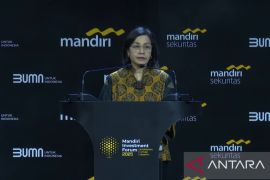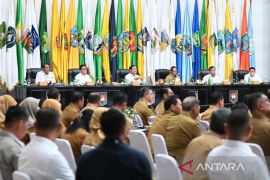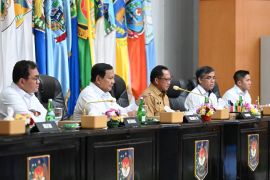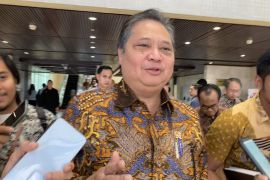This commitment has been outlined in the 2015-2019 National Medium-Term Development Plan (RPJMN) through the formation of the National Strategic Project (PSN). It is then continued in the National Long-Term Development Plan (RPJPN) for 2025-2045.
As part of a major expansion in infrastructure development in the field of the green economy, the Indonesian Government is also committed to achieving net zero emissions by 2060, Hartarto said in a statement received here on Tuesday.
"We have set a target for 2050, wherein 309 of the one thousand metric tons of energy generated will be produced through renewable energy sources, such as bioenergy, hydropower, geothermal, and solar," he stated at the High-Level Dialogue on Sustainable Transport in ASEAN held in Jakarta on Monday.
Furthermore, Minister Hartarto explained that the government had built over two thousand kilometers of toll roads connecting major commercial, industrial, and residential centers in the country, thereby creating a stronger trade value chain.
In the National Strategic Project (PSN) Program, Indonesia is also developing urban transportation projects, such as the Mass Rapid Transit (MRT) that was completed in 2019, and the Jabodebek Light Rail Transit (LRT) project that was completed recently.
The government has also prioritized the development of the electric vehicle (EV) ecosystem, with a target of 13 million electric motorcycles and two million electric cars by 2030. ASEAN countries have agreed to build an electric vehicle ecosystem and become an important part of the world supply chain.
At the 42nd ASEAN Summit in Labuan Bajo several months ago, cooperation agreements with countries in the ASEAN region were also produced, and the ASEAN Leaders' Declaration on Developing Regional EV Ecosystems was issued.
The government's efforts regarding renewable energy are also focused on the Riau Islands Province through the Main Solar Power Plant Project in Batam-Bintan-Karimun (BBK). Riau Province is estimated to have a renewable power generation potential of around 30 GW.
As part of its ASEAN commitment, the Indonesian government is striving to build regional connectivity and has been involved in initiatives, such as the Indonesia-Malaysia-Thailand Golden Triangle (IMT-GT), which has 36 connectivity projects worth over US$57 billion.
"ASEAN is a region that is forward-oriented through integration with various models of systems and ecosystems that are important to meet the needs of the people in ASEAN, governments in ASEAN, as well as entrepreneurs and scientists, all people who will make ASEAN one of the main growth engines in this century," the minister remarked.
"Meanwhile, we can see that there is no other region where growth reaches five percent and inflation is less than four percent," Hartarto noted.
Related news: Sustainable mass transportation needed to control air pollution: BRIN
Related news: Operation of LRT modernizes public transportation: Minister Sumadi
Related news: Switch to public transport to reduce air pollution: Health Minister
Translator: Azis Kurmala
Editor: Sri Haryati
Copyright © ANTARA 2023
